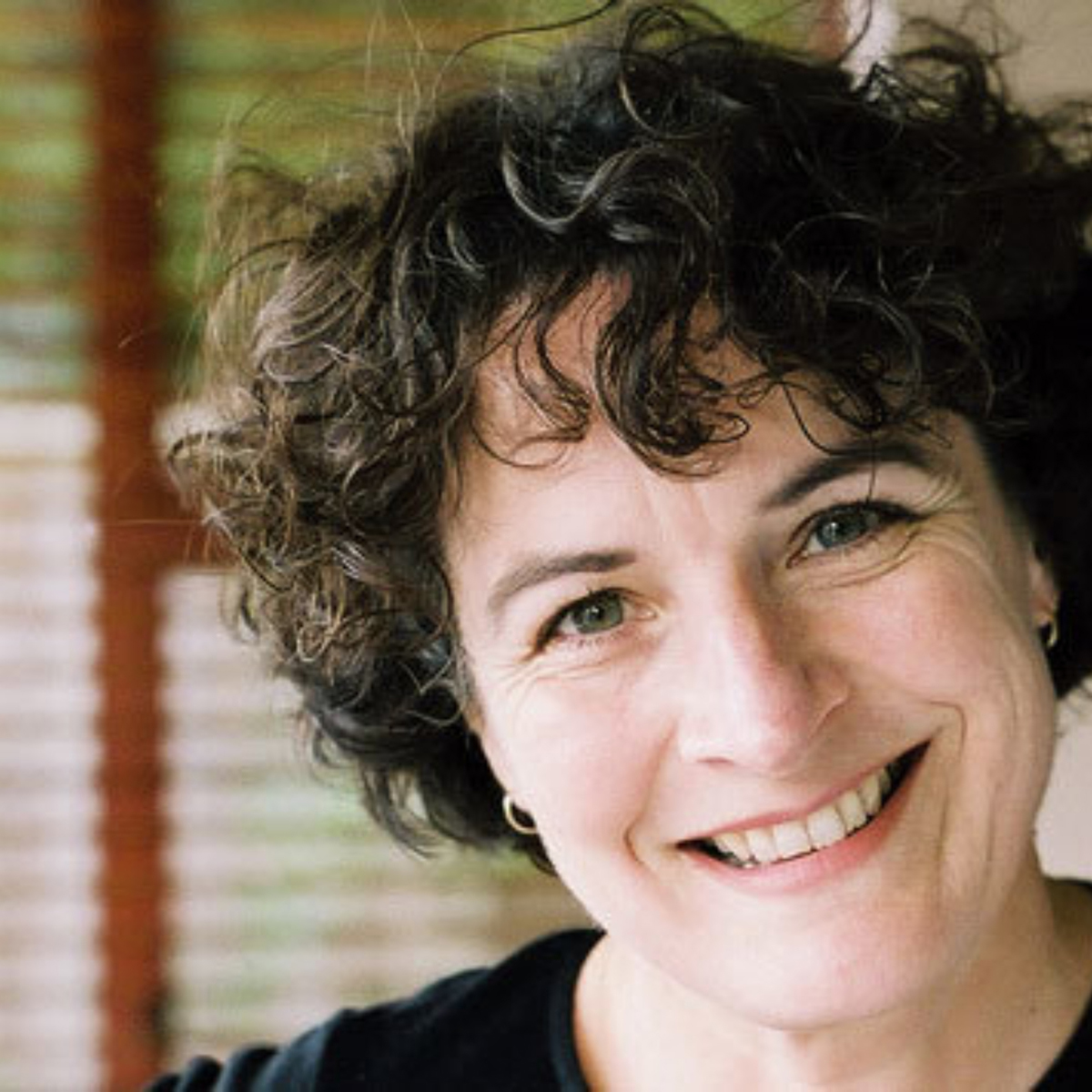Kate De Goldi's story

Kate is a well-known and award winning short story writer, an author of young adult fiction, a children’s book author and a writer of journalism pieces. She has won multiple awards for her writing. Her 2012 novel, The ACB with Honora Lee, explores the relationship between a young girl, Perry, and her cranky grandmother, who has dementia and lives in a rest home.
Kate’s experience with dementia comes through her mother who started showing signs of memory loss in her early seventies. Through her association with Alzheimers NZ, Kate is looking to honour the experience she had with her Mum and Dad and help raise public awareness of dementia.
Our family’s experience of Alzheimers began when our mother started showing signs of memory loss in her early seventies. As her dementia worsened over the next few years a heavy burden of care fell on our Dad, and on my sisters who both lived in Christchurch. It was a very difficult and sad time – and made even more so when we started to suspect that Dad, too, had dementia.
Interestingly, we had, in a sense, been made ready for our parents’ dementia by our experience with our maternal grandmother years before when she had lived with us. In dealing with Mum and Dad my sisters and I called on our vivid memories of Mum’s patience with her mother, her instinctive ability to play along with Nanny’s confabulations and repetitions, her great sensitivity and patience. We felt that Mum had, in a way, taught us how to be with her in her own strange, altered reality.
In the period before Mum went into care we sought and were given great help by Alzheimers Canterbury. It was enormously reassuring to know that here was a group of people who had seen it all before, who could acknowledge our difficulties and sadness but give practical advice as to every stage of the dementia trajectory. We were also greatly supported and uplifted by the loving care and attention Mum received when she was in care. Her new home became a new home for us, too – and her fellow residents, their families and the extraordinary caregivers were a new community that touched our lives in marvelous ways. It was just like this, too, when we went down the same road all over again with Dad a year of so later.
Both our parents have died now. It is good to know that their struggle is over, though we miss them very much. But the legacy of their experience with Alzheimers is profound for myself and my sisters. We learned so much amidst all the sorrow. The big takeaway for me is this: though I may have felt that Mum and Dad were lost to me it does not mean they were not there. Though they may not have known who I was, or indeed who they were, they existed still, they were themselves. Though their lives were different and difficult by our measure it did not mean that they had no quality of life. It was incumbent on us to think more imaginatively about what their lives and selves had become and to see their humanity beneath the altered body and personality.
I feel very lucky to have the opportunity to work with Alzheimers New Zealand, to honour in a way the priceless experience I had with Mum and Dad. I look forward very much to helping raise public awareness of dementia and the work of this excellent organisation.
Kate De Goldi

